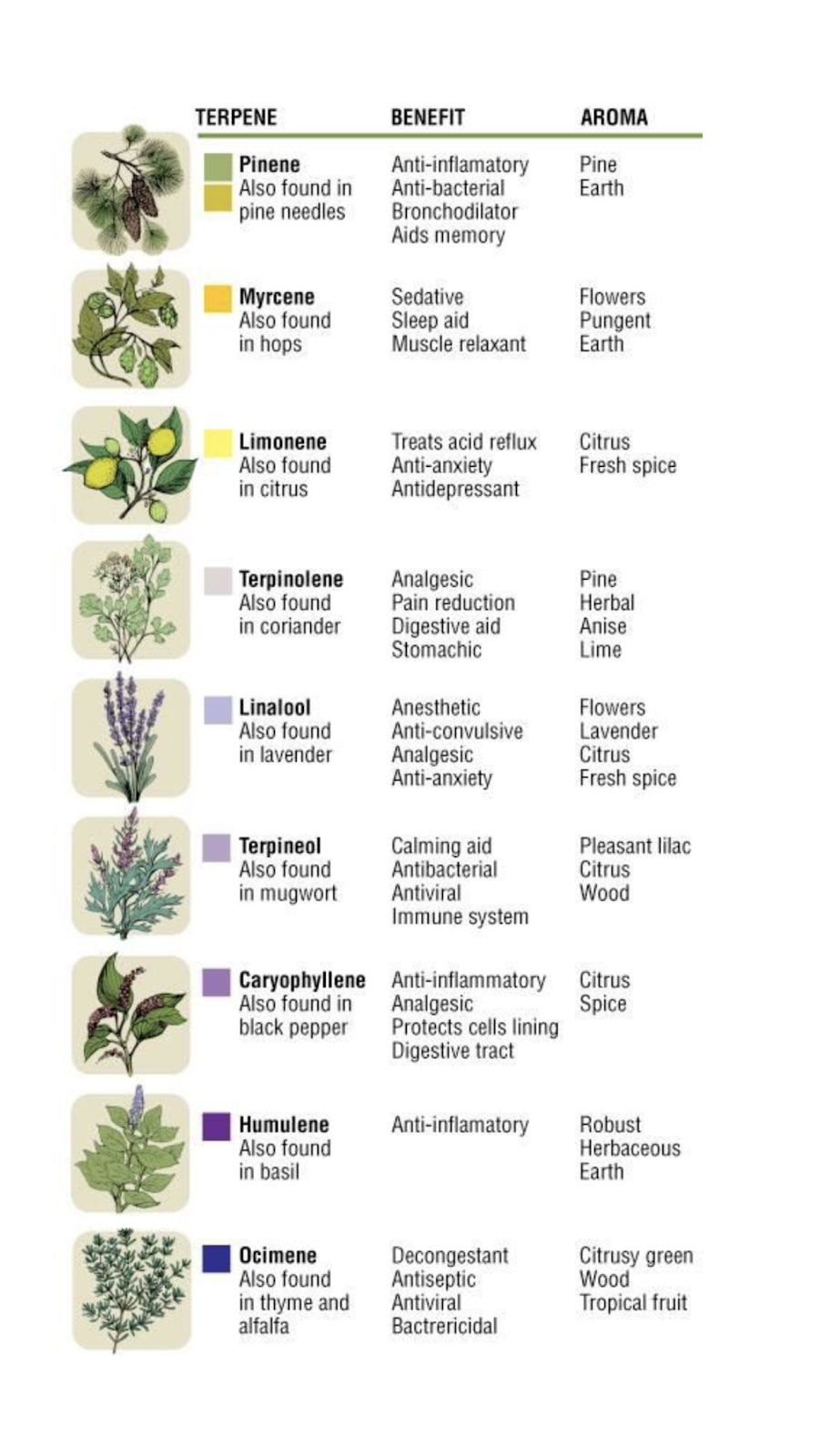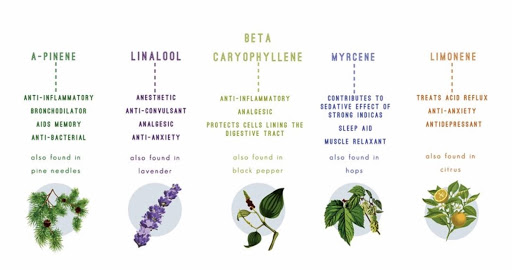Your cart is currently empty!
Shipping Update: Our shipping policies have changed! Some states have restrictions on certain products. Click here to learn more!
April 4th, 2019
Cannabidiol (CBD) is a key component of Cannabis sativa L and is one of at least 113 cannabinoids identified in cannabis that accounts for many of the plant’s natural health benefits. It is the second most prominent phytocannabinoid in the Cannabis sativa L. plant. CBD is a pleiotropic component meaning it produces many effects through multiple molecular pathways. CBD acts through various receptor-independent channels, and by binding with a number of non-cannabinoid receptors and ion channels, to exert its therapeutic effects.
Phytocannabinoids are plant derived compounds that are capable of either directly interacting with cannabinoid receptors, sharing chemical similarities with cannabinoids that allow them to interact with components of the endocannabinoid system, or both.
Studies of CBD suggest benefits such as:
Helps relieve allergy symptoms, autoimmune diseases, skin conditions and so much more!




How would you like to shop?